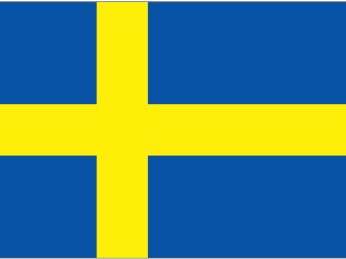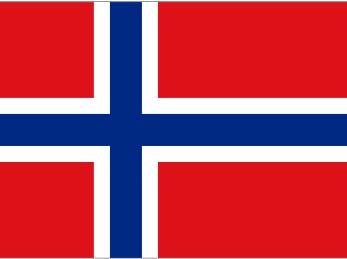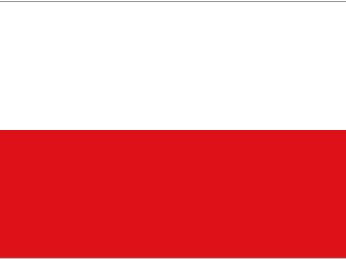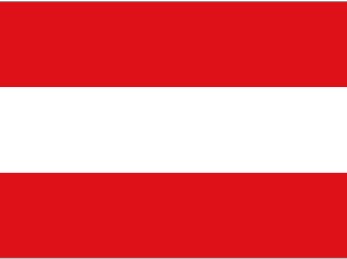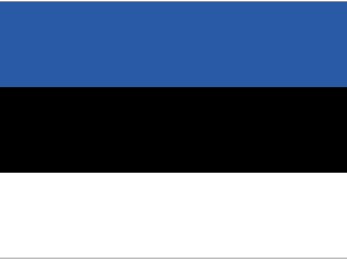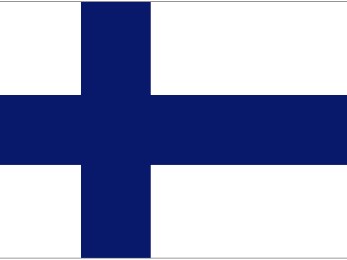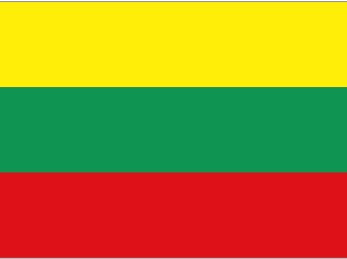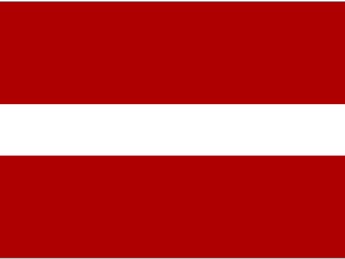Ultimate Advisor for third country national artists travelling to European Union
ITALY
EXEMPTION FROM WORK PERMIT FOR ARTISTS AND FOR OTHER SPECIFIC PERSONS OR GROUPS OF PERSONS
Inviting artists, cultural professionals, touring groups, and others from visa-required countries to Italy
What do artists from third countries need to tour Italy?
If you are a performing artist, tour-manager, promoter or live performance organisation, sooner or later you might want to come and perform in Italy. Nowadays, artists and other cultural professionals are very mobile, performing abroad more often than in their country of origin. Performing abroad though, visas and other permits issues might occur. Since the establishment of Schengen Zone, and unification of legislative in European Union, it might be a bit easier, but the issue still stands.
EXEMPTION FROM WORK PERMIT FOR ARTISTS IN ITALY
In Italy there are the following specific requirements for artists. A special work permit (so-called "visto d'ingresso per lavoro artistico") is required, both for short-term and long-term stays. There are two specific situations. First situation is in the case of well-known artists or artists who are known to have a high level of professionalism and qualifications and who act as self-employed. In this first case, the so-called "visto di lavoro autonomo" is required if the artist concludes an employment contract for a maximum of 90 days. Should the artist need to perform in Italy for a longer period, further documentations (such as self-declarations, working contract, nulla osta issued by the competent Police Headquarters) is required. In this case the artist cannot work for another employer than the one indicated in the request made by the artist for obtaining the visa. And second situation - artists performing a work performance based on agreement - may be hired for the purpose of performing under a special permit for paid work (so-called "nulla osta") issued by the Ministry of Labor for a maximum period of 12 months. This period may be extended.
EXEMPTION FOR OTHER SPECIFIC PERSONS OR GROUPS OF PERSONS
Similar exemption applies for directors and company managers, university teachers, translators and interpreters, family collaborators, maritime workers.
SOURCE
Article 27 m), n) and o) of Legislative Decree no. 286/1998 (“Testo Unico sull' Immigrazione”).
CONTACT
If you need more information, please contact us at any time:
Stanislao Lucheschi
Lawyer
ECOVIS STLex - Studio Legale e Tributario
Via Santa Radegonda, 11
20121 Milan
t: +39 02 7211751
e: stanislao.lucheschi@ecovis.it
www.ecovis.com/italy
About ECOVIS ježek advokátní kancelář s.r.o.
The Czech law office in Prague ECOVIS ježek practices mainly in the area of Czech commercial law, Czech real estate law, representation at Czech courts, administrative bodies and arbitration courts, as well as Czech finance and banking law, and provides full-fledged advice in all areas, making it a suitable alternative for clients of international law offices. The international dimension of the Czech legal services provided is ensured through past experience and through co-operation with leading legal offices in most European countries, the US, and other jurisdictions. The Czech lawyers of the ECOVIS ježek team have many years of experience from leading international law offices and tax companies, in providing legal advice to multinational corporations, large Czech companies, but also to medium-sized companies and individual clients. For more information, go to www.ecovislegal.cz/en.
The information contained on this website is a legal advertisement. Do not consider anything on this website as legal advice and nothing on this website is an advocate-client relationship. Before discussing anything about what you read on these pages, arrange a legal consultation with us. Past results are not a guarantee of future results, and previous results do not indicate or predict future results. Each case is different and must be judged according to its own circumstances.


